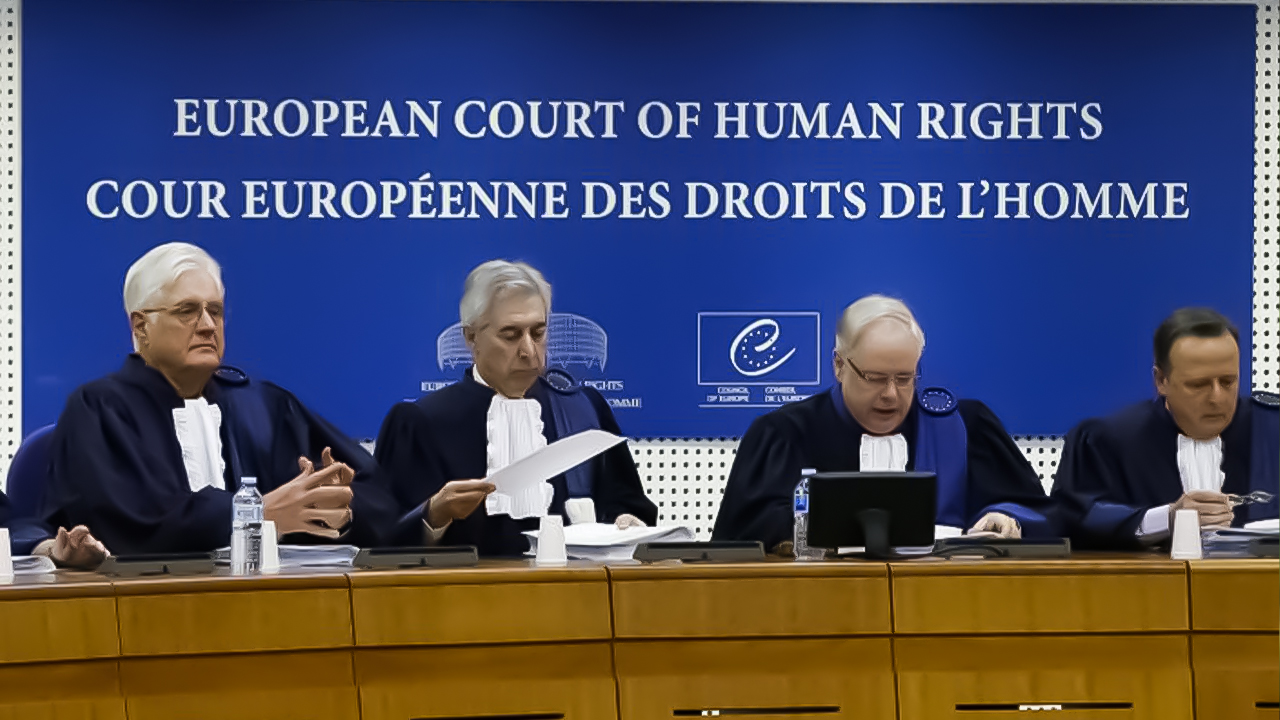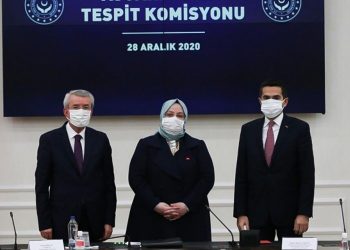Sarah Glynn – Scotland
In 2014, the world watched in horror as the Islamic State of Iraq and Syria (ISIS) surrounded and attacked the Yazidi homeland in Șengal (Sinjar in Arabic), in northern Iraq, close to the border with Syria.
Thousands of families were trapped on the mountain where they had fled for their lives. The Peșmerga forces of the Kurdistan Democratic Party (KDP), which had been stationed in the area, had retreated without a fight, international forces were frozen in inaction, and a total massacre seemed imminent. Thousands of Yazidi men and boys were murdered in cold blood, thousands of Yazidi women, after witnessing the murder of their husbands and fathers were taken as sex slaves, to be bought and sold and abused by ISIS fighters, while their sons were moulded into child jihadis. But thousands were saved, thanks to the brave actions of Kurdistan Workers’ Party (PKK) guerrillas and of fighters from the People’s Protection Units (YPG) and Women’s Protection Units (YPJ), who held off the ISIS attackers and opened up an escape route for the families to leave the mountain and enter Rojava. These groups paid a heavy toll in lives lost – in this emergency action, and in the subsequent liberation of the area from ISIS.
Six years on, just 120,000 out of the original 500,000 Yazidis still live in, or have returned to, their devastated homeland. The will to return is countered, not only by the poor material conditions, but by fears of ISIS resurgence. Over 200,000 Șengal Yazidis are displaced within the Kurdistan Region of Iraq, around 10,000 are in Rojava in Syria, and others have escaped to other countries. However, the PKK and the YPG and YPJ have helped the community in Șengal to establish their own self-defence forces and their own autonomous democratic structures. In 2018, the PKK very publicly withdrew from the area, as their help was no longer needed.
Now, the Yazidis are fearful that all they have achieved is being put under threat by the very forces who abandoned them in 2014. Under the paternal guidance of the United States, and with the support of the United Nations, Șengal has been assigned to the joint care of the KDP and the Iraqi Government in Bagdad (That is the Iraqi government that abandoned Mosul to ISIS, allowing the jihadists to take control of large stocks of US-supplied weapons and use them to achieve their subsequent advance.) Every opportunity was taken to consult US ally, Turkey, in the arrangements.

Joey Hood, of the US Bureau for Near Eastern Affairs, explained:
If you could have the Kurdistan Regional Government, the federal government in Baghdad, and Turkey working together with advice and support from the United States and other coalition countries, you could see where maybe a place like Sinjar could be cleared out of militias, including the PKK, and you could put a civilian administration in there that would work for the people and be accepted by the people so that Yezidi IDPs, victims of genocide could actually go home, which they can’t do safely and voluntarily right now. And we are talking to all parties about this at a high level.
No-one consulted the Yazidis, and their existing hard-won self-administration (And the PKK has already been gone for two years). Thousands of Iraqi troops and KDP Peșmerga are being dispatched to ‘protect’ the area and to force the Yazidi’s own self protection units to disband. This is happening at the same time that Turkey has increased its attacks on Kurds everywhere: in Turkey itself, where the arrest and imprisonment of Kurdish politicians and activists continues without restraint; in northern Syria, where the Syrian Observatory of Human Rights has recorded Turkey’s continued and escalating breaches of the ceasefire agreement; and in northern Iraq, where they have coordinated attacks with the government of Iran.
Turkish forces are targeting regions of Iraq where the PKK has been based for 40 years, and these attacks are making life impossible for everyone who lives there. They have targeted Maxmur refugee camp, home to families who escaped from Turkish persecution in the 1990s; and they have also targeted Șengal, claiming that the Yazidi self-defence forces are synonymous with the PKK, in the same way as they make no distinction between the PKK and the YPG/YPJ. Despite the protests of Kurds across the world, who fear the possibility of an intra-Kurdish fight that would only benefit the forces of imperialism and reaction, the KDP supports these Turkish attacks.
The Șengal Democratic Autonomous Assembly predict a further Yazidi massacre, and a delegation of Yazidi women told the Iraqi Prime Minister that the KDP-Iraqi ‘alliance’ was in fact a betrayal that would allow Turkey to take control of Șengal via the KDP. Anyone with doubts about what Turkish control would mean for the Yazidis need only look at the persecution of Kurds by those in power in Turkish-occupied Afrîn. The August report by the UN’s Human Rights Council describes coordinated looting and appropriation of Kurdish property; hostage-taking, detention and torture (especially of Kurds); rape and sexual violence, including abduction and forced marriage; and looting and destruction of Yazidi shrines and graveyards. The jihadi mercenaries fighting under the Turkish flag include former ISIS fighters.
The Central Union of Yazidi Associations has put out an international appeal. After outlining their situation, they berate the lack of reaction or action by international institutions and states, accusing them of effectively supporting Erdoğan’s imperialism. Their appeal ends with a list of concrete demands – both immediate and long term – for which they seek international support. They ask for:
• Constitutional status within the federal Iraqi state
• Physical reconstruction, with the help of international donors
• Recognition of the structures built up by the Yazidis themselves
• Autonomous security, integrated with the Iraqi state
• A no-fly zone
• Sanctions against those who attack them
• Recognition of the 2014 massacre as genocide
• Opening of the border with Rojava (which was closed after Turkish pressure in 2018)
• Instigation of a peace process
• Support for democracy and autonomous self-organisation
The European Kurdish Democratic Societies Congress (KCDK-E) has called on all activists to demonstrate in support of the people of Șengal on 26 November.
All those who care about Kurdish affairs are only too familiar with the Kurds being used as a political football by regional and international powers, who think only of their own interests. However, the ultimately suicidal actions of the KDP are harder to comprehend, even though this is not the first time that the KDP has attacked other Kurds. Kurds point out that, after PKK intervention had proved crucial in saving Iraq from ISIS, Masoud Barzani went to Maxmur to thank the PKK personally, describing them as brothers. And they warn that, although the Kurdistan Region of Iraq, under the KDP, has become totally dependent on Turkey, Turkey is not their friend – as Erdoğan’s aggressive response to the 2017 independence referendum should have made clear. Turkish imperialism would quickly dispense with the KDP after they had served their function of destroying the PKK and dividing Kurdish resistance to their neo-Ottoman ethnic-nationalist dreams.

















